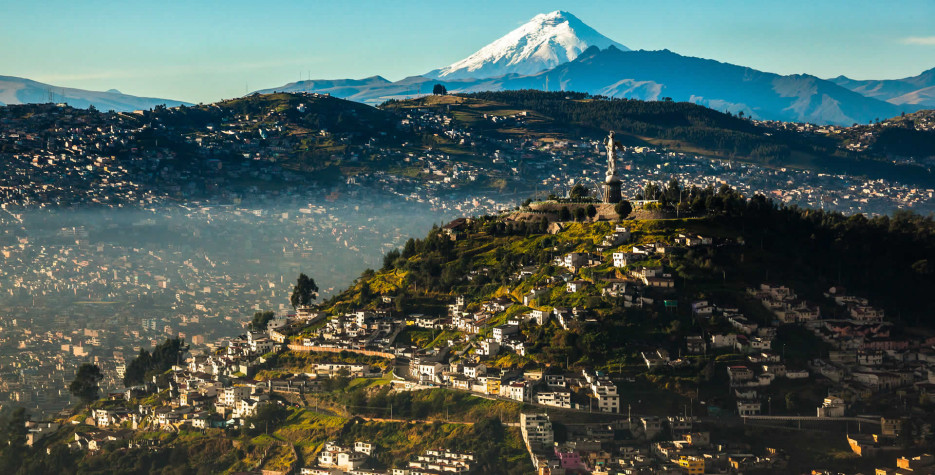When is Ecuadorian Independence Day?
This national public holiday is celebrated on August 10th. In Spanish, it is known as 'Día del Primer Grito de Independencia de Quito' and marks Quito's declaration of independence from Spain in 1809. It is Ecuador's National Day.
Depending on what day of the week August 10th falls on, the public holiday may be moved to create a long weekend.
History of Ecuadorian Independence Day
Spanish colonisation of Ecuador began in the middle of the sixteenth century and in 1563 Quito, the modern-day capital city of Ecuador, became an administrative region of Spain. Ecuador is Spanish for the equator, which neatly describes Ecuador's place on the globe.
After nearly three hundred years of Spanish rule, the citizens of Quito were the first in Latin America to rebel and declare independence on 10 August 1809. They were led by Juan Pío Montúfar, Quiroga, Salinas, and Bishop Cuero y Caicedo. Quito's nickname, "Luz de América" (Light of America), is based on its leading role in trying to secure an independent, local government.
This independence was short-lived and was suppressed by the Spanish in 24 days. However, the efforts of this small city were seen as a key milestone in the movement across Central and South America that would eventually lead to independence from Europe.
In Ecuador, on 9 October 1820, Guayaquil became the first city to gain its independence from Spain. This event is now celebrated with its own national holiday. The rest of Ecuador celebrated independence following victory at the Battle of Pichincha under the command of Simón Bolívar, on 24 May 1822.
Did you know?
Quito is the highest official capital city in the world. La Paz in Bolivia is higher, but it is the administrative capital, with Sucre, the official capital being lower than Quito.
How is Ecuadorian Independence Day Celebrated?
Given the event that the National day celebrates, Quito is a focus of attention and typically hosts traditional parades, concerts, and cultural festivals in historic centres such as the Plaza de la Independencia—named in honor of the city's role as the epicenter of the struggle for freedom.
Known as the "rhythm of Ecuador," pasillo music provides the soundtrack to many of these events and is often accompanied by dancers dressed in traditional and colourful loose-fitting shirts known as guayaberas.
Celebrations for this holiday are not limited to Quito, with fairs, military parades and cultural events taking place across Ecuador.


